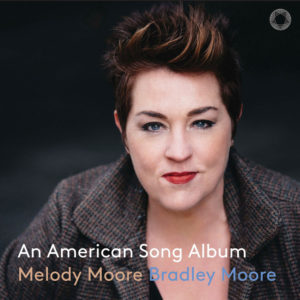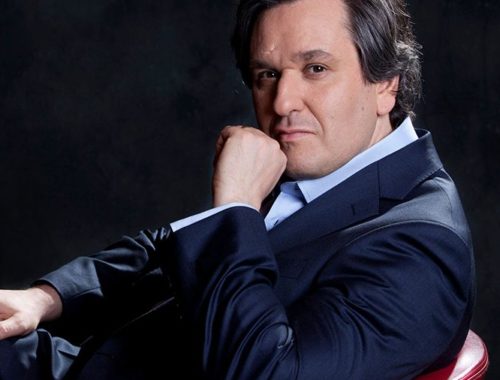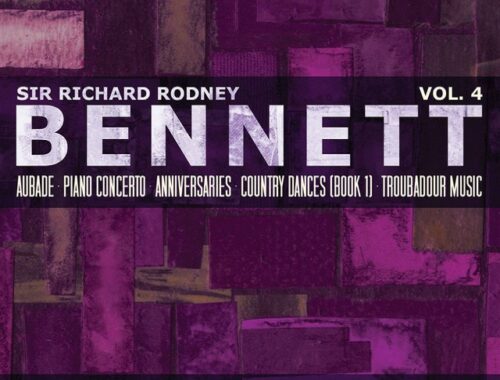GRAMOPHONE Review: An American Song Album – Melody Moore/Bradley Moore
 Melody Moore’s ‘An American Song Album’ feels personal and custom-made for her ample lyrico spinto instrument. And that’s always a good place to start. She can thunder darkly, she can float, she can spin – she has the full expressive armoury. But more importantly the choices here plainly mean something to her and there’s no mistaking the high level of engagement that sets the best of them apart.
Melody Moore’s ‘An American Song Album’ feels personal and custom-made for her ample lyrico spinto instrument. And that’s always a good place to start. She can thunder darkly, she can float, she can spin – she has the full expressive armoury. But more importantly the choices here plainly mean something to her and there’s no mistaking the high level of engagement that sets the best of them apart.
I’m going to plunge right in with the most recent of the songs represented – and that’s Jake Heggie’s quartet of settings Three Strangers (2018). It’s no secret that I’m a huge Heggie fan (as these pages will contest) and there’s a kinship at work here with Moore that easily makes them the star turn of the collection. Heggie’s grateful way with voicing and melodising words is so instinctive. He just knows – with his innate sense of drama – which notes will communicate and unlock both meaning and emotion. There’s a shared humanity and nobility in his setting of Walt Whitman’s ‘To A Stranger’ and better yet is the ‘protest’ song ‘I Did Not Speak Out’ to words by Martin Niemöller. The inexorable build of this number is potently theatrical, the quiet self-disgust of each stanza growing in intensity to its devastating pay-off.
I also love Heggie’s Emily Dickinson settings infused as they are (and so much else here is) with death and dying – not least the solitude of that process in, most notably, ‘The Sun Kept Setting’. There’s further kinship here with the last of Barber’s Hermit Songs – ‘The Desire for the Hermitage’ just as there is maternal empathy with ‘The Crucifixion’ and a sexy subtext to the succinct ‘Promiscuity’.
Some things were new to me: Carlisle Floyd (still with us at 93) whose The Mystery: Five Songs of Motherhood are a self-evident advance (in terms of harmonic complexity) on his early hit, the perennially popular opera Susannah, not least the impassioned ode ‘To My Husband’ where Moore taps into the operatic imperative of it with thrilling reach. Moore is on stage with it. And there’s more than a touch of Tosca in the mix.
Gordon Getty is the other veteran whose work was unfamiliar to me. I’ve never come across his opera of the much-loved novel and movie Goodbye, Mr Chips (2018) and that’s an oversight which plainly needs addressing. Kathy’s Aria – ‘Chips, darling, it’s started’ – is a cracker, impassioned and stirring, a three-tissue number. As to Getty’s arrangements of the traditional classics which bring the disc home, the Spiritual ‘Deep River’ takes Moore back to her church roots and is possessed of an inwardness, a deep and abiding weariness, that comes from a very honest place. As does ‘Danny Boy’ – and how else do you sing that but with quiet respect for one of the great tunes.
Bradley Moore (piano, and no relative) is at one with his colleague throughout – and I’ve managed to get through the whole review without punning at how appropriately named the lady is. Well, almost.




